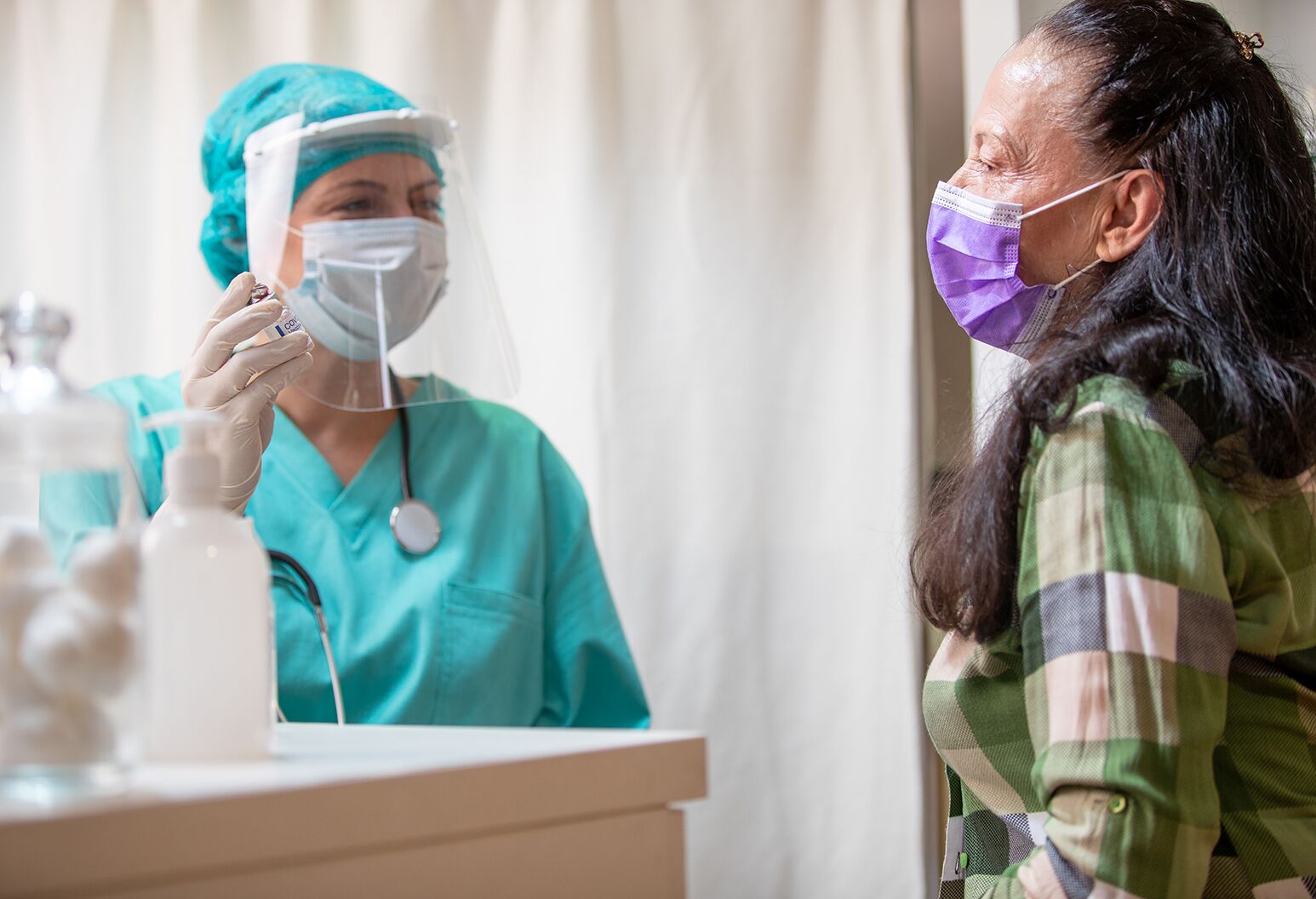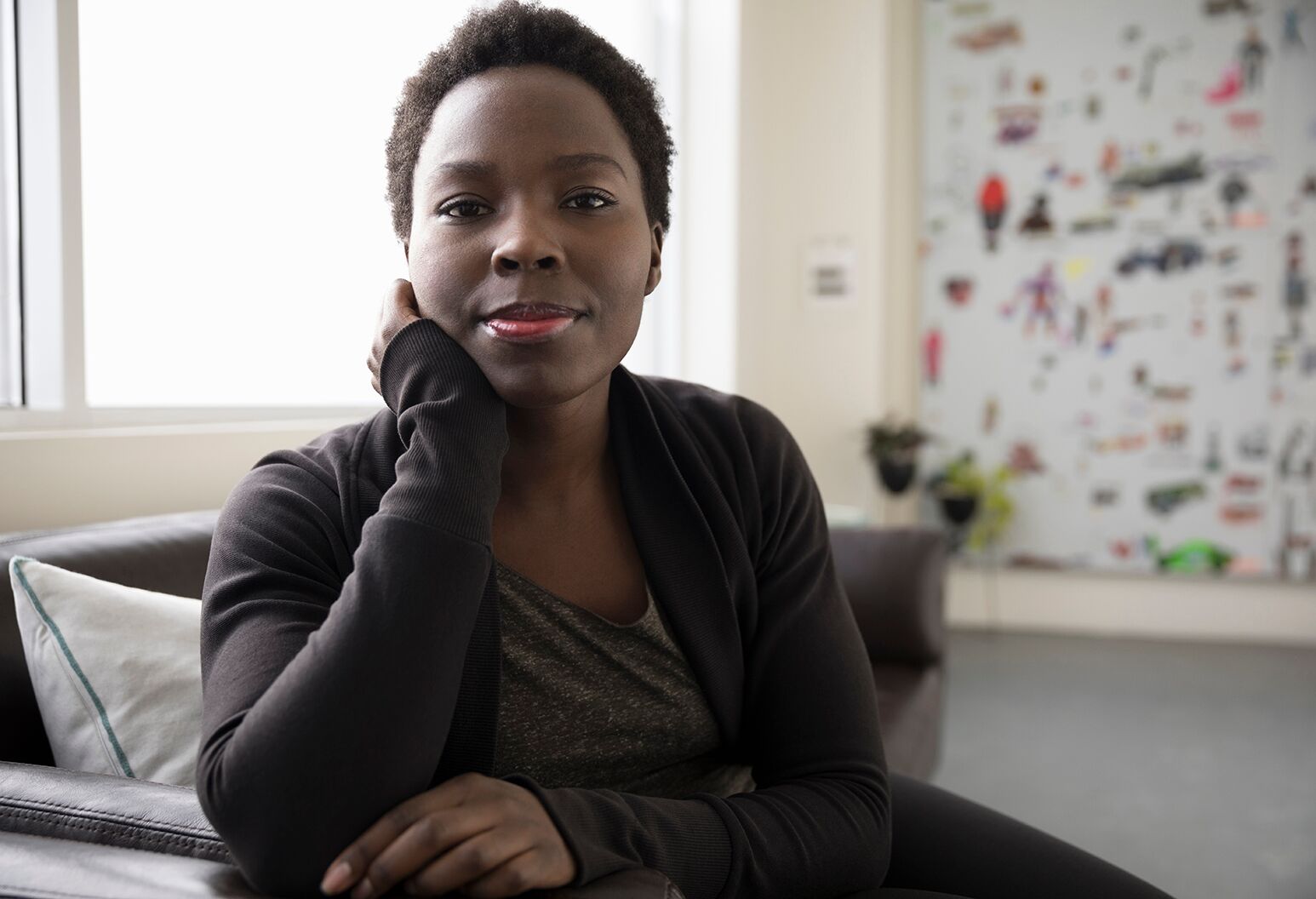Expert insights
Rewriting the future of healthcare for minorities, starting with the COVID-19 vaccine

The COVID-19 pandemic has exposed long-standing inequities in race and ethnicity in this country.
Blacks and Latinos are around 1.5 times more likely to be infected by COVID-19 than whites, according to the CDC, and they’re around four times as likely to be hospitalized for it. They’re also three times as likely to die from COVID-19. Despite these grim statistics, there’s a lot of apprehension in these communities about the COVID-19 vaccine. A report released by the COVID Collaborative this past fall found that less than a fifth of Black Americans and a third of Latinos trust that a vaccine will be safe and effective.
Sadly, there’s good reason for their mistrust. Clinical research has a long, troubled racial history, especially in Black communities. It started with Marion Sims, dubbed “the founding father of gynecology” and lauded for his medical and surgical interventions, who did the bulk of his research on enslaved black women without their consent and without anesthesia. The Tuskegee Syphilis Study, which ran from 1932-1972 at the Tuskegee Institute in Alabama, withheld treatment from Black male participants sickened by syphilis. Then there’s the case of Henrietta Lacks, a Black woman whose cervical cancer cells were taken without her consent in the 1950s and used without her permission. She and her family were never compensated for this, either, even though the cells were used for decades to study the effects of toxins, drugs, hormones and viruses on cancer growth.
Even today, Blacks are more likely to experience health discrimination and racial bias. An algorithm widely used in US hospitals to allocate health care to patients has been shown to discriminate against blacks, recommending fewer of them for care that they need, according to a 2019 study published in the medical journal Science. Another review, published in 2017, found that ER physicians are more responsive to the needs and treatment of white patients. On top of this, mixed messaging on everything from mask wearing to social distancing to lockdown protocols has sowed additional mistrust in the federal government’s response to the coronavirus. This has created a perfect storm for Blacks and Latinx to be skeptical about a vaccine.
But this skepticism is also a threat to the health and well being of these communities, given the fact that they’re more likely to be infected—and develop dangerous complications—from this virus. It’s so upsetting to think that even though a safe, free vaccine will soon be widely available, those hit hardest by this pandemic are too afraid to take advantage of it.
Even today, Blacks are more likely to experience health discrimination and racial bias.
There’s no easy fix for this problem, either. It will take time to reassure Americans that the new COVID-19 vaccines are safe and effective. But there are some things we can all do, as patients, physicians and community members, to increase education and awareness:
Stress the vaccine’s safety. Black and brown patients have every right to be skeptical about the COVID-19 vaccine, given the medical community’s history of racial transgressions. That’s why it’s so important to highlight the many scientists and physicians of color involved with the creation of the COVID-19 vaccines. (One prominent example is Dr. Kizzmekia Corbett, PhD, a Black woman who is the scientific lead for the Coronavirus Vaccines & Immunopathogenesis Team at the National Institutes of Health.) Many minority physicians run and supervise clinical trials, and they’ve made recruiting minorities into the COVID-19 vaccine trials a priority. About 42 percent, so almost half, of all participants in the Pfizer COVID-19 clinical trials, for example, were Black, Hispanic, Native American or Asian. This is important because, historically, most research studies have been done in white males. But we know race and ethnicity can affect how people respond to treatment or, in this case, a vaccine.
Embrace—and help amplify—social proof. Sandra Lindsay—the Black nurse in New York who became the nation’s first person to be administered the COVID-19 vaccine outside of a clinical trial—didn’t just make history. She sent out a strong message that minority communities can trust the process. Women of color are key to dispelling vaccine fears because as the family caregivers, they are the ones who make sure their loved ones get vaccinated. They also often hold positions of leadership within their communities. We need to make sure that they are given the resources they need to encourage those around them to get the vaccine. They are the ones who can voice most eloquently that it doesn’t just protect an individual; it keeps their entire community safe as well.
Speak up. The most important thing you can do as an individual is talk to your doctor and get vaccinated, and encourage others to do so too. Everyone should feel comfortable voicing their vaccine concerns to their doctors. The only way that vaccine conversation can really change in minority communities is if minorities themselves take lead roles on sharing vaccine information with the public. All places where there’s Black and brown leadership, including churches and community non-profits, should have resources to encourage their members to get the vaccine. It doesn’t just protect the individual, it keeps the entire community safe as well. We as physicians must be willing to take the time to listen to patient concerns and validate them too, especially among our patients of color. If we sit down with them and address their worries, a little bit of honesty should be able to go a very long way.
The coronavirus pandemic is illuminating a problem with healthcare disparity that doctors have known for decades.
We can’t blindly expect women to conform to a male model of health. We now know that male and female physiology differs well beyond the body parts covered by a bikini.
Learn more about making your health a priority. Our women’s health navigators are here to answer your questions and can help you schedule an appointment.




